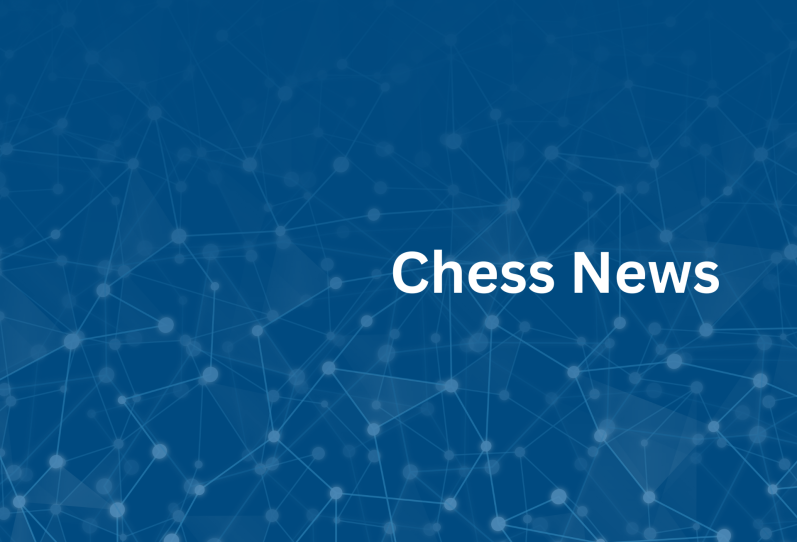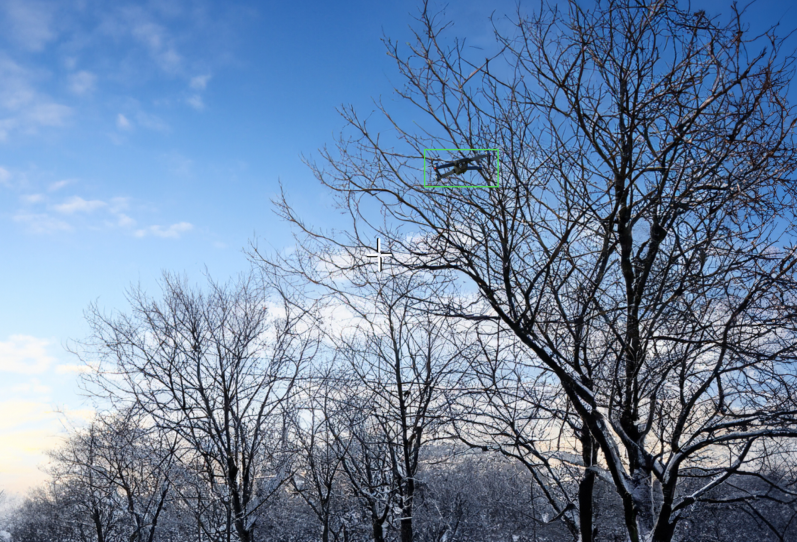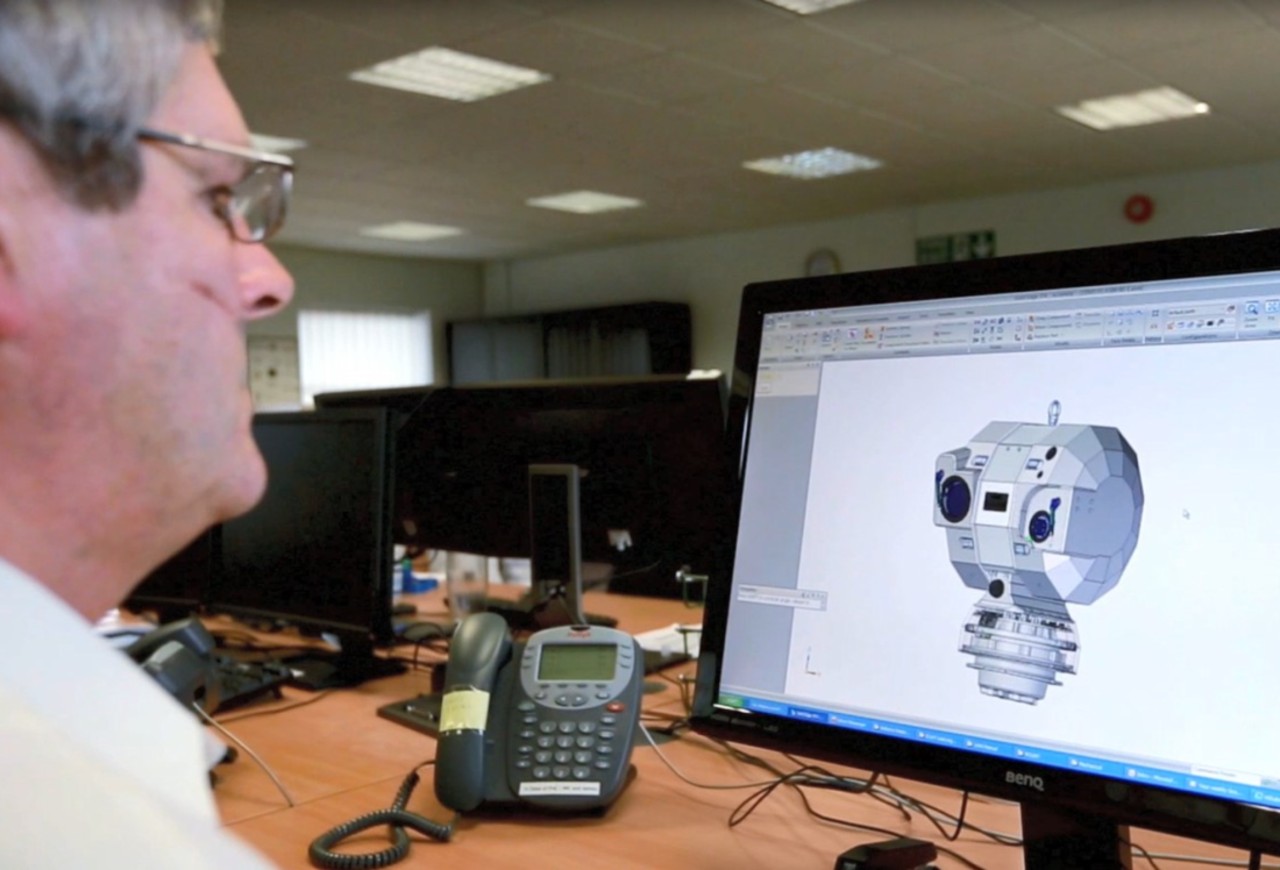
News
Friday March 8 2024
Deep Embedded Feature Tracking for an Evolving Surveillance Landscape
The surveillance landscape is changing. Traditional methods of targeting and tracking no longer meet the demands of evolving threats to global security. The emergence of agile, cost-effective, and highly capable C-UAV technology has accelerated changes in the defence industry, and when utilised by hostile actors in complex operational environments they can offer their operators a tactical advantage and pose a major security threat.
Deep Embedded Feature Tracking for an Evolving Surveillance Landscape
Overcoming this challenge requires advanced persistent surveillance that can maintain effective detection and identification with a low operator burden. This has been one of the drivers behind a rethink over how surveillance should be conducted. Video tracking is now often preferred to alternatives such as infrared, due to its greater ability to classify its targets, but this has led to a greater expectation of video tracking to advance and meet the pressing demands of warfare.
This is where Chess Dynamics and our Vision4ce branded tracking software addresses this evolving and pressing need. Building on a long history of innovating surveillance and fire control systems for the defence industry, Chess has taken significant steps forward in surveillance solutions by implementing artificial intelligence into tracking algorithms. We’ve named our latest system Deep Embedded Feature Tracking (DEFT) and it’s already facing up to new and evolving security threats.
What is DEFT?
DEFT is an AI powered advanced real-time video tracking capability designed to provide accurate and robust tracking in complex situations. When installed on Chess’ latest generation of CHARM Video Target Trackers, the system uses its deep learning approach to optimise the identification and tracking of a moving target.
The technology has the potential to revolutionise surveillance, enabling reliable tracking of targets that are becoming increasingly difficult to follow. Threats can aggressively change appearance, helped by background clutter and other fast-moving and agile objects in the environment. But with DEFT’s deep learning-based algorithm, a comprehensive model is made of the tracked target, allowing the system to accurately locate dynamic targets and reliably re-acquire them following periods of occlusion. As the tracking progresses, the model is continuously fine-tuned to enhance its understanding of the target, resulting in precise long-term, robust tracking performance.
DEFT has the ability to track a variety of targets, from multi-rotor and fixed wing drones to naval vessels and land vehicles and can do so with efficient autonomy. This means it can identify threats itself and enable automated acquisition and reacquisition of targets whilst minimising false alerts. This reduces the burden on the operator being required to stare at a screen for long periods of time in order to detect and identify adversaries. The rapid and accurate identification of small, fast-moving threats is key to the effective threat mitigation and the protection of critical assets.
What next for DEFT?
Threats constantly evolve and so must the technology to counter them, our focus therefore must remain on continual enhancements that stay one step ahead of this changing threat profile.
We are incorporating DEFT into smaller Electro-Optic systems and products whilst maintaining the high tracking performance of the technology. This will mean it can be integrated into autonomous platforms or installed within a camera to optimise performance of the automated video tracking and surveillance capabilities within a single device.
The multi target tracking ability of DEFT enables the system to measure the similarity between different detections and tracks to avoid confusion when there are multiple threats of the same kind in a small vicinity. Enabling effective multi target tracking on a device the size of a soda can is certainly a challenge, but such an enhancement is a key focus for Chess and we are confident of further advancements in capability as we continue to invest in this product and technology.
There is huge potential for further innovation in advanced technologies such as artificial intelligence and they are developing fast to counter threats that seem to be adapting just as quickly. Chess has already played a hugely significant role in this development and will continue to do so as we use AI to support and ultimately optimise operator and system performance.
Chess continues to deliver class leading technology to protect what our customers value most: strategic assets, critical national infrastructure, geographic borders and most importantly, their people.
David Tuddenham, Managing Director of Chess Dynamics


